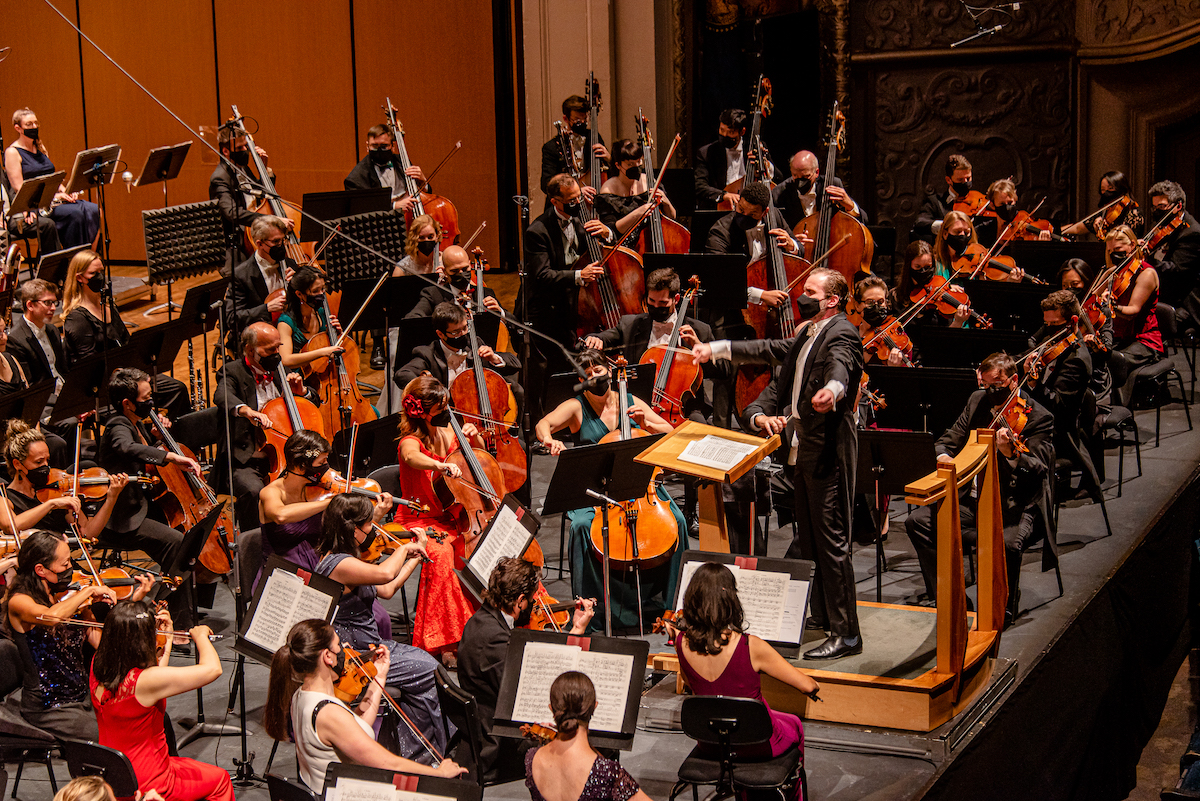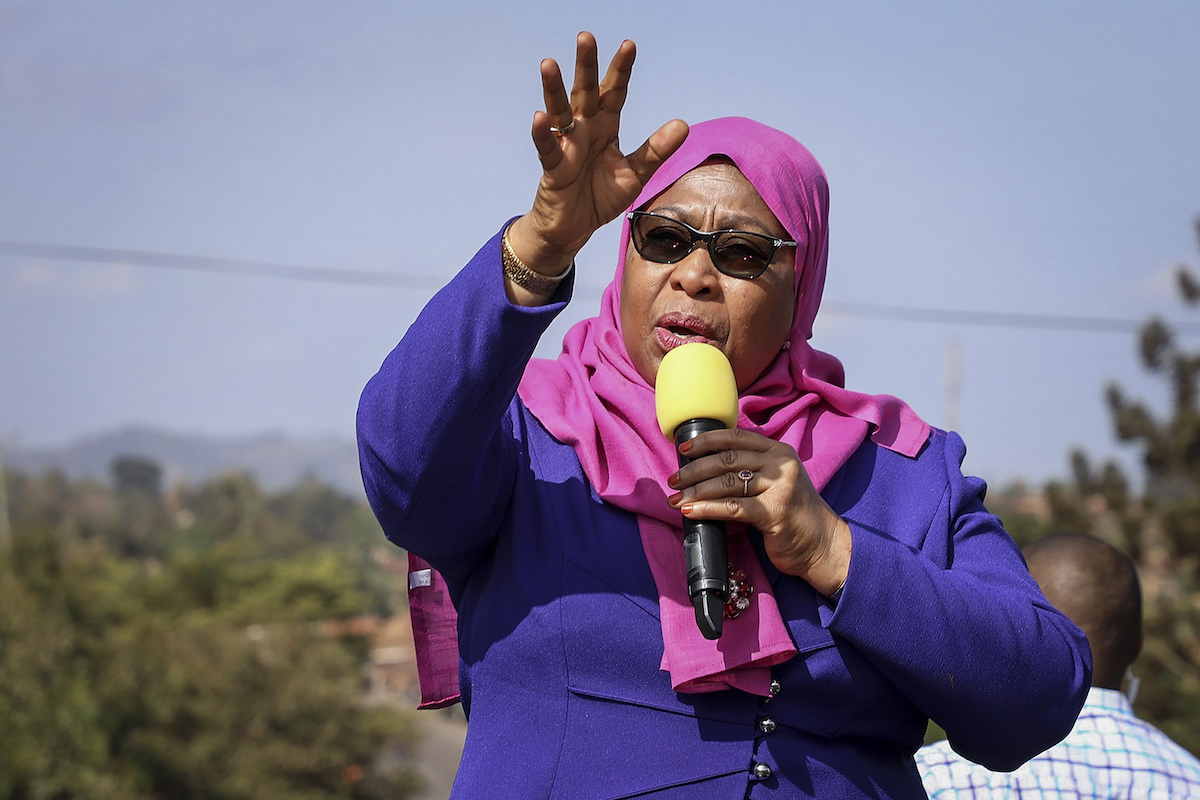For Oregonians struggling to find financial stability due to the COVID-19 pandemic, the place to start looking for rental and utility assistance is the Oregon Emergency Rental Assistance Program (OREAP) which, according to the program’s website, “helps eligible low-income households with their past due rent and utilities.” A collective total of $280 million was allocated to Oregon, the City of Portland and counties within the state, using funds from the federal Emergency Rental Assistance Program. After most applications are approved, rent is sent directly to landlords and bill payments to utility providers, rather than sent to renters themselves. After submitting an application, eligible applicants receive “initial approval,” a letter that can be provided to landlords and rental properties to avoid eviction.
OREAP funds cover three months of future rent and twelve previous months’ rent, excluding anything before March 2020. Currently, applications take more than 90 days to be reviewed, and if rent payments are made while an application is being processed, OREAP will not cover them. OREAP funds apply only to unpaid or future rent owed to the landlord or utility company.
Smaller organizations like FreeFrom have been providing safety grants, typically several hundred dollars, to victims of domestic abuse. More information on this organization, including how to apply for financial assistance can be found on their website, https://www.freefrom.org.
Haymarket Pole Collective, a sex-worker relief fund, has also provided grants, equipment and safety supplies throughout the pandemic. The organization holds events and offers gift cards and grants for things like missed wages, food and housing. While the organization is focused primarily on serving Black, Indigenous, and people of color, the Haymarket Pole Collective also provides resources and information for all sex workers. For more information see https://www.haymarketpole.com.
The Living Room Youth in Clackamas County, Oregon, is an organization that has provided a safe space and support for LGBTQ+ youth (ages 14–20) for years. Since the start of the pandemic, the organization has changed its assistance models and is now doing hybrid style meetings. More information can be found at https://www.thelivingroomyouth.org.
The Oregon Workers Relief Fund is “a program that provides financial relief to Oregonians who have lost wages due to the pandemic but are denied unemployment insurance and federal stimulus relief due to their immigration status,” according to a press release sent to the PDX Food Press. According to the statement, those who have already received a one-time temporary disaster relief payment through the program will be issued second payments, as well as allowing new applicants to receive relief. The organization works to improve conditions for undocumented workers by supporting those who were unable to receive the complete pandemic payments or potentially not receive any at all. Assistance is available to all racial and ethnic groups and provides a much needed resource for those who are unable to qualify for other assistance based on documentation status. More information on them can be found at https://workerrelief.org.
Portland State students may also locate sources of financial assistance in communications sent out from the university, as well as major, club or departmental emails. Additionally, the Financial Wellness Center is the on-campus resource with availability for students to speak with financial coaches, and Student Financial Services continues to have an open petition for students to file an appeal if COVID-19 has impacted a student’s, or their family’s, income to reevaluate their financial aid award.
Many Portlanders are still struggling to find financial stability due to the COVID-19 pandemic. The development and availability of vaccines have enabled many businesses and campuses across the United States to reopen. However, global COVID-19 hot spots still present risks to human and economic health.
While the U.S. government approved three pandemic-related relief payments, many Americans are still financially unstable, facing risks of potential foreclosures, debt collections and back rent. Almost two years into the pandemic, people are still feeling the reverberating effects of COVID-19, while accessing grants, funds and other forms of financial assistance is often easier said than done.






